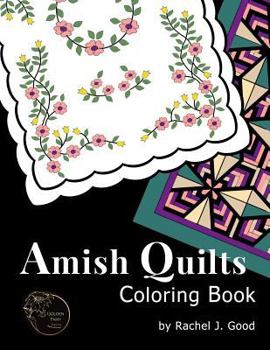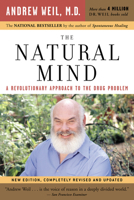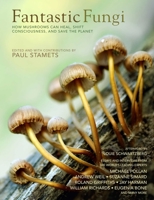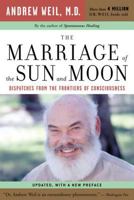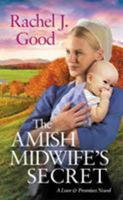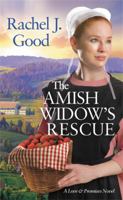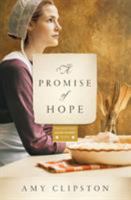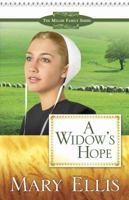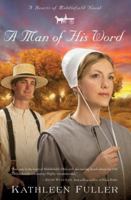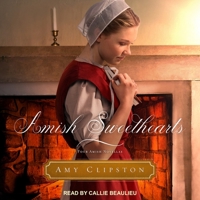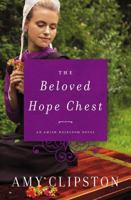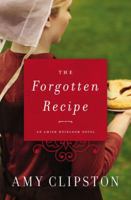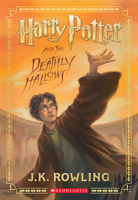Amish Quilts Coloring Book -- Large Print (Amish Quilts and Proverbs) (Volume 1)
Select Format
Select Condition 
More by Andrew Weil
In an era of plentiful, often radical diet books and scary health newsflashes, the natural, holistic approach of Dr. Andrew Weil provides an oasis of balance and common sense for readers interested in improving their health -- without the aid of bells and whistles.
Book Overview
Inspired by quilts seen in Amish country, many of these designs are based on traditional patterns, but some have been reimagined or repeated multiple times to create more intricate designs to color. Each quilt is printed on only one side of the page; facing pages contain inspirational Amish proverbs.To make the quilts even more colorful and interesting, sketch fabric designs - plaids, checks, paisleys, flowers, or abstract shapes - into the larger quilt blocks, use pattern stamps, or even collage fabric scraps to the pages. And if the designs inspire you to make quilts of your own, the pages can be used as templates for quilt-making.
Format:Paperback
Language:English
ISBN:0692684204
ISBN13:9780692684207
Release Date:April 2016
Publisher:Golden Fairy Arts
Length:58 Pages
Weight:0.35 lbs.
Dimensions:0.1" x 8.5" x 11.0"
You Might Also Enjoy
Customer Reviews
5 customer ratings | 5 reviews
There are currently no reviews. Be the first to review this work.











